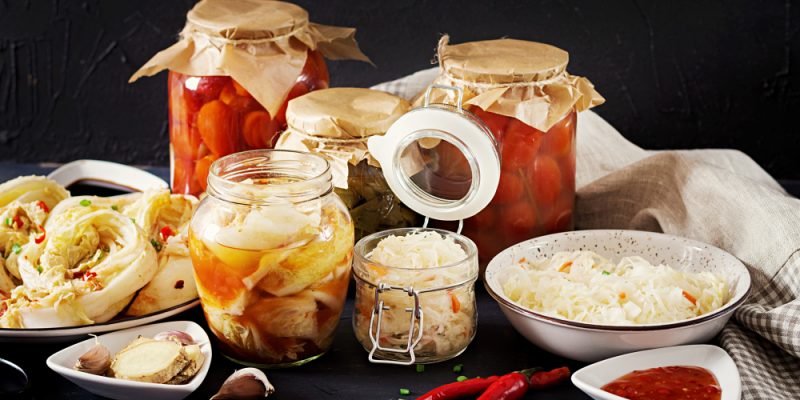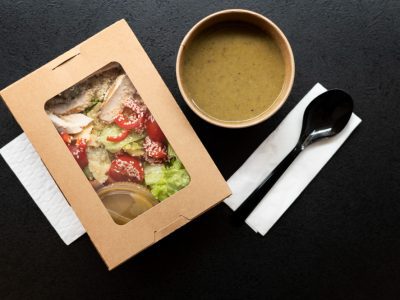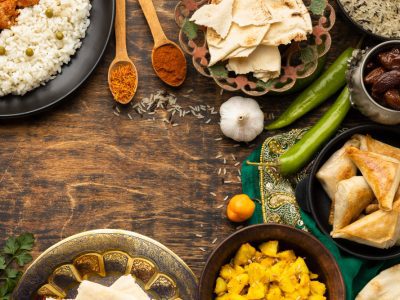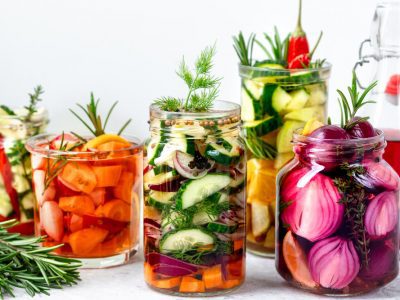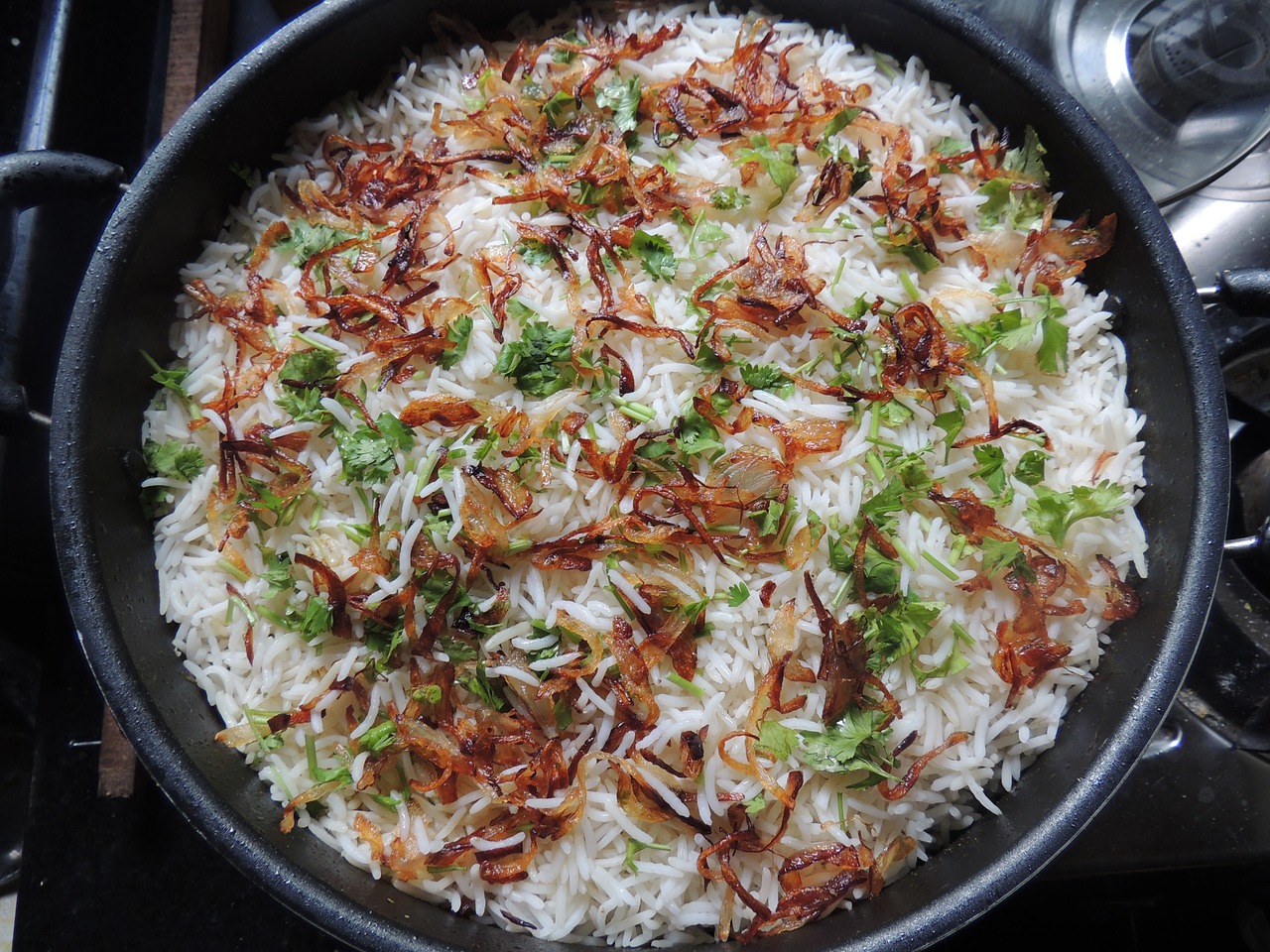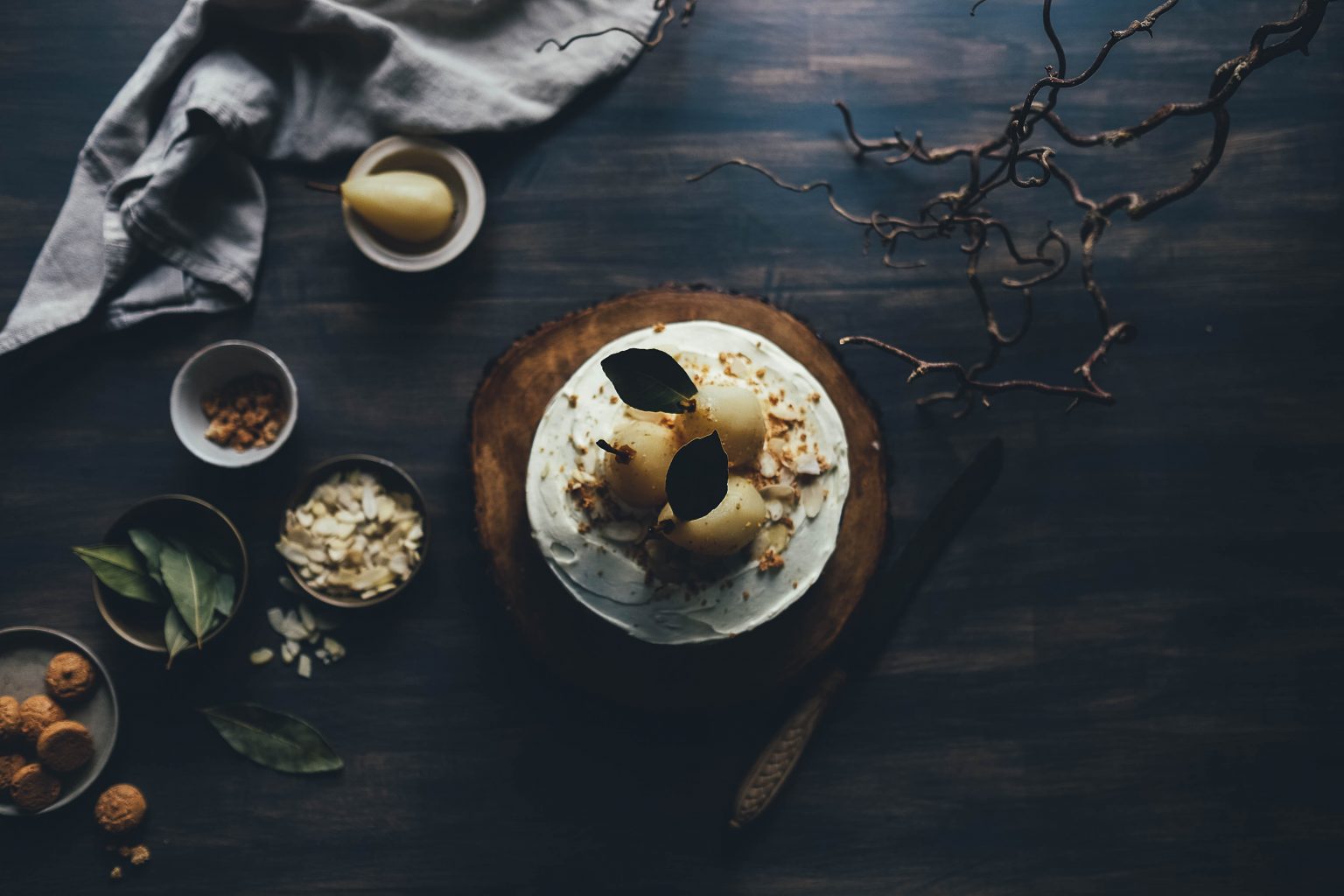Indian cuisine is a rich tapestry of many different styles, ingredients, and preparation methods. Among these, fermentation stands out as an ancient technique that has played a crucial role in Indian cuisine for ages. Fermented foods India are cherished for both their distinctive flavours and the health advantages they provide. This is true across the board, from the sour dosas of the southern regions to the hot pickles of the northern regions. As new research shows that fermented foods have significant positive effects on digestive health and general wellness, there has been a recent uptick in interest in these age-old dishes.
All around the world, people have turned to fermentation as a means of preserving food and improving its nutritious content. This natural process involves microbes like yeast and bacteria converting sugars into acids or alcohol. This method has produced a veritable feast of foods that are mainstays in many different Indian cuisines. The importance of fermented foods in supporting a healthy lifestyle is brought to light by the mutually beneficial link between traditional knowledge and modern science.
In this post, we will look at fermentation as an art form in Indian cuisine, the many ways it improves health, and some time-tested traditional fermented recipes.
A Guide to Fermentation in Indian Cooking and Its Benefits
The process of fermentation improves the nutritional value, texture, flavour, and overall quality of food; it is more than simply a method of preservation. Fermentation is a tool that has several uses in Indian cooking, including the creation of tasty and nutritious meals.
Health Benefits of Fermentation
- Enhanced Digestive Health
When eaten in sufficient quantities, the living microbes found in fermented foods, known as probiotics, can improve one’s health. These good bacteria improve digestion and nutrition absorption by keeping the gut microbiome balanced. Bloating, constipation, and indigestion are common digestive problems that regular use of fermented foods might help ease. For example, idli and dosa are great ways to add natural probiotics that are good for your gut. - Boosted Immune System
Within the digestive tract resides a considerable part of the immune system. Fermented foods indirectly support immune function by encouraging a healthy gut flora. These foods include probiotics, which can help the body fight off infections and other ailments by bolstering its natural defences. Refreshing and brimming with immune-boosting benefits, traditional Indian beverages like kanji are crafted from fermented black carrots. - Improved Nutrient Absorption
Essential nutrients can be more easily absorbed by the body when complex food molecules are fermented. This method makes sure that the body gets the most nutrition out of the food it eats by making the vitamins and minerals more bioavailable. Dosa and idli batter, for instance, gains more B-vitamins and minerals like zinc and iron through fermentation.
- Mental Well-being
The gut-brain axis refers to the growing body of evidence that links a healthy digestive system to psychological stability. If you suffer from anxiety or depression, eating fermented foods may help alleviate your symptoms. These meals contain probiotics, which are responsible for the production of neurotransmitters like serotonin. Better mental health can be a result of eating probiotic-rich foods like dahi (yoghurt) on a regular basis.
Traditional Indian Fermented Dishes
- Dosa and Idli
Idlis and dosas, two staples of South Indian cuisine, are prepared from a batter of fermented rice and urad dal, also known as black gramme. These foods get their signature sour taste and velvety texture from the fermentation process. They provide a well-rounded meal that is high in carbs, proteins, and probiotics; they go well with chutneys and sambar. The nutritional profile is improved by the natural fermentation process, which also makes them easy to digest and light.
- Dhokla
Dhokla, a Gujarati speciality, is a savoury steamed cake made with chickpea flour and fermented rice. It is a favourite for breakfast or snacks due to its spongy texture and slightly sour flavour. Not only does fermentation enhance the flavour, but it also boosts the nutritional value by making it a better source of protein and fibre. To improve the flavour and nutritional value of dhokla, it is common to add mustard seeds and coriander as garnishes.
- Kanji
Carrots, mustard seeds, and water are fermented to make kanji, a traditional North Indian probiotic drink. The acidic flavour and digestive benefits of this vivid purple drink make it a popular wintertime drink. Kanji helps with digestion and strengthens the immune system because it is rich in probiotics and antioxidants. This drink is a perfect example of how easy it is to make a healthy beverage using fermentation processes. - Koozh
Koozh, a healthy porridge made from fermented millet flour, is a popular dish in the southern Indian state of Tamil Nadu. In the summer, when it is hot outside, it is a popular choice for a refreshing breakfast or lunch. The probiotic content of millet is increased through fermentation, which makes koozh good for intestinal health. To enhance its flavour, it is commonly served with pickles, green chillies, and raw onions. - Achaar (Pickles)
The fermentation process involves a number of fruits and vegetables, including mangoes, lemons, and carrots, together with spices and oil, to produce Indian pickles, which are called achaar. Fermentation not only preserves the product but also creates rich tastes, making it possible to enjoy it all year round. Because of their high bacterial content, achaars do double duty as a flavour enhancer and digestive help. As a reflection of regional preferences and available ingredients, pickle recipes in India vary greatly from one location to another. - Dahi (Yogurt)
Dahi, a fermented dairy product created by combining warm milk with a bacterial culture, is a household favourite in many Indian households. From basic yoghurt to spiced buttermilk (chaas) and sweetened varieties like Bengal’s mishti doi, it is enjoyed in all its forms across the nation. Dahi promotes healthy bones and a stomach by being an excellent source of probiotics and calcium.
Conclusion
The great cultural importance and health benefits of traditional fermented foods from India are being acknowledged by their recent popularity boom. In addition to being delicious, these foods have a long history of health benefits in India’s cuisine. Their importance in contemporary diets is growing as more and more scientific studies confirm the benefits of probiotics and fermented foods.
Thanks to HOGR delivery, you do not even have to leave your house to sample a diverse array of fermented delicacies from all around India. With HOGR, you can satisfy your cravings for authentic, high-quality selections that suit your taste and health needs, whether it is a plate of hot idlis, a glass of kanji, or a zesty pickle to go with your dinner.
Fermented foods serve as a link between India’s ancient knowledge and its contemporary conveniences, which the country is constantly embracing. You may improve your digestion, immunity, and general health by eating these nutrient-rich treats every day. Instead of reaching for a probiotic pill, try a naturally fermented Indian dish—it will be better for your digestive system and your taste buds.
A food enthusiast and a blogger – someone who likes to eat and write about it. I’m passionate about exploring different cuisines and challenging my palette. I give into my food craving regularly and am often on the hunt to find my new favorite food place in town.
